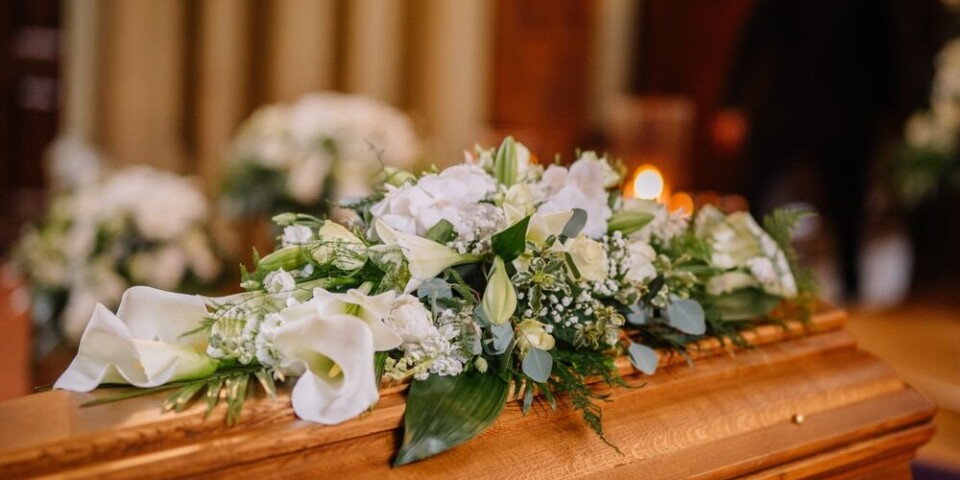Why bon is always a good word to use in France
Columnist Nick Inman notes the many polite ways people wish you well for all activities
If you are going on holiday, someone will probably wish you bonnes vacances
Victor Velter/Shutterstock
“Bon retour en salle,” the nurse in the recovery room said to me as she handed me over to the porter who would wheel my bed back to my hospital room after my operation.
I can never get over the politeness of the people I meet every day. Is it just around here, in the south-west, or is it true of the whole of France?
No one lets you leave their presence without wishing you well for your next activity.
If you want to be integrated, you must learn the art of wishing a Bon… something (or bonne, if the succeeding noun is feminine). This is the French mantra of good luck.
Bon appétit is a common phrase which is so concise that we use it in UK English more than the US import, “enjoy your meal.”
Besides, to have a good appetite has a different connotation than stuffing your face with your favourite foods.
Bonjour, bonsoir and bonne nuit are well known. English can do “good day” (archaic), “good evening” and “good night”, but it cannot do elegant fillers of between times.
How do you translate bonne fin d’après-midi without it sounding forced: “Have an enjoyable last part of the afternoon.”
These bon and bonne phrases are valedictions that soften the edges of life and show a degree of concern for the other person’s welfare. They never sound rote or unfeeling. They are a form of empathy.
If you see someone doing a difficult job or facing a challenge, you wish them bon travail or bon courage.
And if you are leaving and do not know what else to say, you can always sign off with a bonne continuation – “good carrying-on-doing what you were doing when I arrived, even if it was boring.”
Read more: ‘Chauffer son char’: Québécois French phrases added to Google Translate
What does bonne chance mean?
If, on the other hand, the outcome of the activity is unforeseeable, you say bonne chance (good luck).
There is bon voyage for someone setting out on a journey (or bonnes vacances if it is for a holiday), and bonne route for a driver setting out on a road trip. Bon pèlerinage (good pilgrimage) covers someone setting out on a trek to a shrine.
Bonne fête precedes a village communal meal and anyone introducing a concert may tell the audience bonne écoute. It does not help to be invited to listen well, but it is nice to hear it.
If you arrive at a hotel, the owner or manager may well wish you a bon séjour, a good stay.
Bon allows people to be creative. There is really no limit to its use.
I have been wished a bonne vaccination when I was getting my Covid jab, bon rétablissement (I hope you get better) when I was recovering from an illness, and bonne télé by the man who installed my satellite dish.
Read more: Learning French: why the handy phrase rien à voir is often not linked to vision
What does profite mean?
There are other parting wishes which do not start with bon… for particular circumstances.
Profite means ‘I hope you enjoy something’, especially a gift you have just been given, or a night out with a loved one. If someone is clearly ill and heading home to bed and a hot water bottle, you are most likely to say prend soin de toi (look after yourself).
Bon for the most part is meant sincerely and positively, but there is an ironic send-off too. Bon vent (“may the wind be in your sails”) could also mean “get lost” – or something stronger, as in “may you be blown quickly out of my sight”.
Although, if you are really happy to get rid of something or someone you might want to say, bon débarras!
And for my part, now that you have finished this article and are about to move on to the rest of the paper, may I wish you une bonne lecture: an enjoyable reading.




























